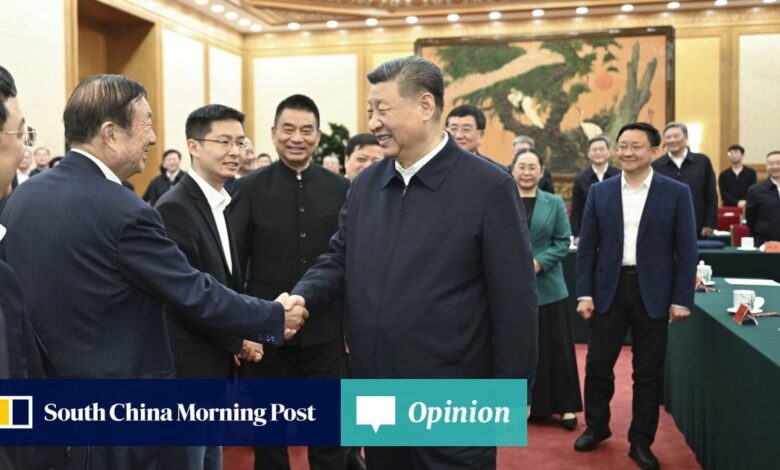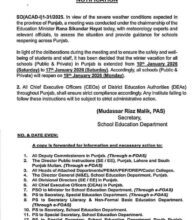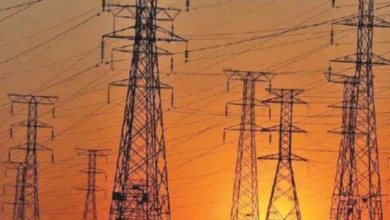My Take | China gets taste of victory in US tech war thanks to talent, supply chains, organisation

With his symposium that brought together China’s top private entrepreneurs, President Xi Jinping sent a message that the country has won an initial victory in weathering technological restrictions imposed by the US.
In response, Huawei’s Ren, who has become the face of China’s technological resilience, said concerns have eased over the country’s lack of home-grown chips and operating systems – the “heart and soul” of modern technology. “I firmly believe that a stronger China is rising at an accelerated pace,” the 80-year-old founder of the US-sanctioned telecoms equipment giant was quoted as saying.
While concerns about the deepening tech rivalry still exist – the America First Investment Policy announced by the White House over the weekend is set to raise new red flags for China – they are mainly about specific sectors and temporary impact, not systemic failures in China’s technology ecosystem.
Washington’s so-called “small yard, high fence” approach to curbing China’s access to specific US technologies such as semiconductors and AI has largely failed. Ironically, the restrictions have catalysed collaboration between China’s public and private sectors to address bottlenecks and cut reliance on imported technologies. China has thus become less reliant on US technologies, and it is doing just fine.
Source link
_0.jpg?itok=McjRUgFR)



